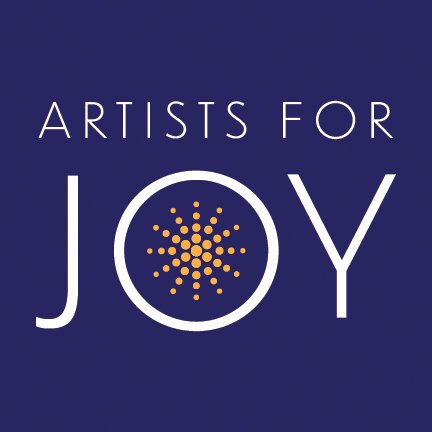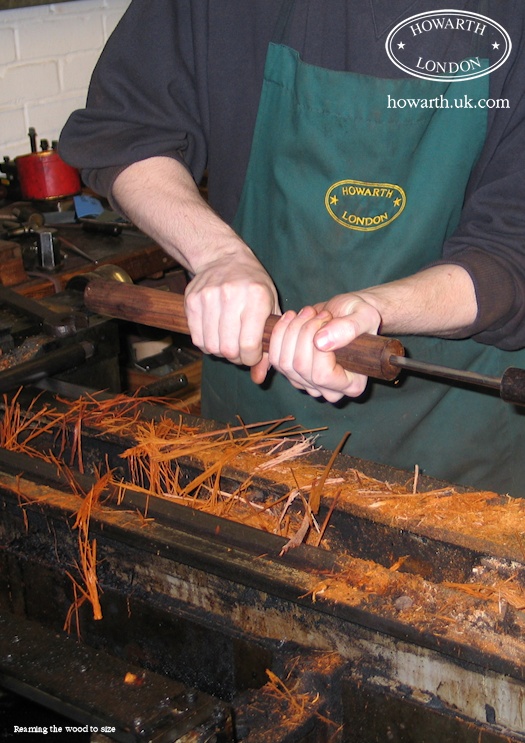“Moses answered, “What if they do not believe me or listen to me and say, ‘The Lord did not appear to you?’ Then the Lord said to him, “What is that in your hand?” “A staff,” he replied.” Exodus 4:1-2
Have you ever taken a moment to zoom out and look at your life from afar? After all my days on earth (almost 13,000) I am now here in this moment, doing this job, wearing these clothes, living in this house. My path to here was winding with some detours that felt long enough to be destinations themselves. I’ve lived in South Carolina, Ohio, Baden-Württemberg (Germany), Connecticut, New York, Illinois, Mississippi, North Carolina, and now Delaware. I’ve known and loved so many people, made so much music. The details as to how I got to this moment are so intricate, convoluted, and beautiful. When I look back on them, it’s like trying to count the stars, connecting each moment to the next in a complex and breathtaking constellation, unique to my life.
Making an oboe, photo cred: Howarth London
But today as I zoom out, I had the most amazing thought: I have spent the last twenty years making music on a hollowed-out piece of wood. I wrangle and wrestle this wood of the oboe and the cane of the reeds in hopes of playing a beautiful phrase. This art is my calling, my job.
It’s particularly fun to play the zoom-out game while sitting in an orchestra, to think of all the similar journeys surrounding me. We all decided to dedicate our lives to the perfection and mastery of these hollowed-out sticks or wooden boxes with strings tied across them. It’s easy to get lost in the particular intracies of a job, but when you look at the bigger picture and see it for what it is— rather simple, yet hugely miraculous, and also sort of strange— my, is it humbling!
Moses was a stick-wielding fellow too. In this particular passage in Exodus, he’s having a crisis of confidence about all that God is asking him to do at the burning bush. He asks God, “What if they do not believe me or listen to me?” And God answers this question with another question. God asks, “What is in your hand?” Like me with my oboe, I see Moses looking down at the staff thinking, “How did I end up here, holding this stick?”
I cannot count the number of times I’ve wondered whether or not I’d chosen the right path. When I remind myself that the oboe is just a stick, when I remember that the notes on the page are just ink (which is basically just colored water), when I see that none of this is forever branded in perpituity; it is easier to have fun, to bask in the awe of these technologies and traditions, and to find my voice again in art-making. But there were many years of wandering in the desert, wondering if this whole being-a-professional-oboist thing was a fool’s errand, whether or not I actually had what it takes to “make it,” and if I was wasting my time with something as “frivolous” as music.
One summer while I was a student, I was part of the student orchestra program at the Aspen Music Festival. I had the opportunity to play in a masterclass with some of our country’s most famous oboists and one class in particular stands out. The teacher, a very well-known oboist, principal of one of the top orchestras in the US, told the class that after almost thirty years of playing in his orchestra, in this the apex of oboe jobs, he was just now starting to develop a good relationship with the oboe. Just now. I wasn’t able to get him to dive more deeply into what his idea of a “good relationship” was, but I could guess.
At the time it shocked me that winning that big job and excelling at it was not enough to help this teacher feel like he had complete control or understanding of the oboe. I also felt relief to know that having doubts, fears, and frustration about our craft was normal and common. And yet, as many ups and downs as there were over the years, I never have been able to put my stick down. I do feel called to sing my life-song through music, and when I look down in my hand, there lies an oboe, so I suppose God intends to use it after all.
I’m deciding to see Moses with his staff as proof that God can do amazing things with sticks. That stick he thought was just for walking or herding sheep would bring water to a thirsty nation, freedom in the parting of the mighty Red Sea, leading them to the promised land. And when our relationship with our stick deteriorates, when we feel like giving up and breaking it across our knee, we can trust that all things are possible with God.
We may not think that the arts can change the world, that we ought to ditch music and dedicate ourselves to law so as to create a more just world, to climatology to save our planet, to brain surgery to save lives: that there are more worthy sticks to wield. But Moses at the burning bush is proof that God uses whatever we have right there in our hands, that all careers can have the power to bring about justice, peace, and healing.
So whatever your stick or schtick may be, whether it a paintbrush, frying pan, keyboard, law degree, pen, or seat in congress— and no matter how unqualified or frustrated you may feel as you get down to work—you do not need to worry. You have already been given everything you need. In fact, it is right there in your hand.
Like Moses, we may not get to see the promised land. We may not reach that apex of achievement we had envisioned for ourselves, and even if we do, it will likely not satisfy us. But if we only look closer, we see we could be part of something far better than we could ever imagine. In all our stick waving, in our music, in our work, we realize that God can use the most unlikely materials to change everything.



